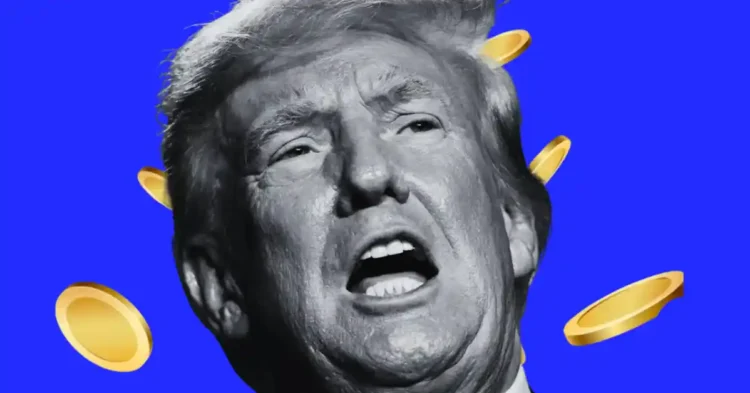In a recent interview with Kitco News, Frank Holmes, CEO of U.S. Global Investors and Executive Chairman of HIVE Digital Technologies, shared his insights on the evolving landscape of alternative investments. Holmes posits that in the years ahead, assets like gold and Bitcoin will assume a more prominent role in investors’ portfolios. He highlights the growing concerns among investors regarding global issues such as escalating debt and political volatility, which are driving them towards safer investment avenues. Gold, he notes, stands out for its historical performance during times of economic instability.
The Emergence of Bitcoin as Digital Gold
Holmes also emphasizes the significance of Bitcoin, often dubbed “digital gold,” as a crucial asset for the future. He points out that younger generations exhibit a stronger inclination towards investing in digital assets, and the advent of Bitcoin ETFs (exchange-traded funds) is facilitating a smoother entry for traditional investors into the cryptocurrency arena. These developments are gradually aiding Bitcoin’s acceptance as a legitimate and strategic asset, with many viewing it as a form of “portable” wealth, accessible and transferable across borders.
Could the U.S. Swap Gold for Bitcoin?
A recent proposal from Wyoming Senator Cynthia Lummis has stirred debate about the possibility of converting some of the U.S. government’s gold reserves into Bitcoin. Currently, the U.S. holds approximately 8,000 tons of gold and 200,000 Bitcoin. However, Lummis envisions the acquisition of 1 million Bitcoin over the next two decades. Holmes expresses skepticism regarding this proposal. Instead of disposing of gold, he suggests that the government might leverage government bonds to acquire more Bitcoin, mirroring the approach of some successful investors who are diversifying their portfolios with Bitcoin.
Holmes considers this strategy as a means to provoke thought about Bitcoin’s value, yet he remains doubtful that the U.S. will sell its gold reserves to facilitate the transition.
Bitcoin’s Price Fluctuations: Healthy or Concerning?
Bitcoin is notorious for its price volatility, a characteristic that Holmes believes is inherent to the asset. He explains that Bitcoin’s price movements are markedly more dramatic compared to traditional assets like stocks. For instance, Bitcoin can swiftly rise or fall by 15%, whereas stock market fluctuations generally hover around 3%. Holmes interprets these sharp price changes as a natural occurrence, viewing recent price drops as a healthy pause before Bitcoin embarks on another upward trajectory.
In essence, Holmes perceives the current price fluctuations as a temporary interlude. The apprehension surrounding Bitcoin reaching $85,000 is linked to the Federal Reserve’s rate adjustments. Once this phase concludes, many experts, including Holmes, expect Bitcoin prices to ascend to $120,000, potentially under a crypto-friendly administration as promised by political leaders.











